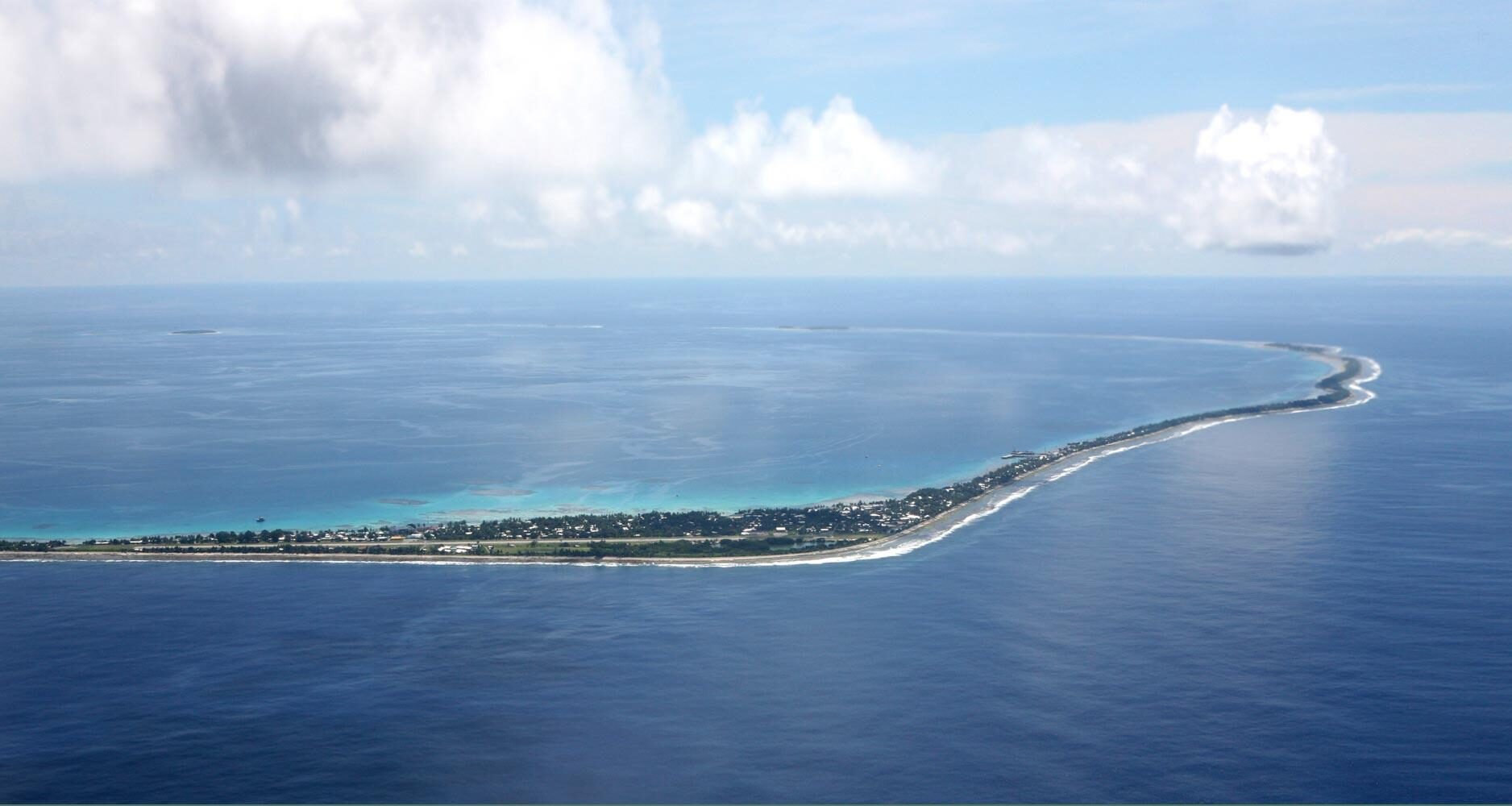In recent years, climate change has become a growing threat to low-lying island nations around the world. Rising sea levels, an increased frequency of extreme weather events, and other impacts of climate change pose significant risks to the physical and cultural survival of these nations. However, modern technologies are playing an increasingly important role in helping these nations adapt to the challenges of climate change.
Murat Gibadyukov
17 April 2023
French version | Russian version | Spanish version
In the vast expanse of the oceans, the world’s smallest countries and territories are feeling the brunt of climate change as rising sea levels threaten their very existence. These island nations, home to millions of people and rich biodiversity, face an existential crisis as they grapple with the consequences of global warming. According to recent studies, more than 20 low-lying island nations are at risk of disappearing within this century due to rising sea-levels caused by the melting of glaciers and polar ice caps. This means that entire cultures and ways of life could be lost forever, as well as entire economies, natural resources and ecosystems.
The plight of sinking island nations is a global issue that requires urgent action from the entire international community. The Paris Agreement, adopted by almost every country in the world in 2015, aims to limit global warming to under 2˚C above pre-industrial levels, but current trends suggest that this goal is unlikely to be met. In addition, many island nations lack the resources to mitigate the effects of climate change, such as building seawalls, relocating populations, or developing alternative energy sources.
Among the countries facing the direst consequences are Kiribati, the Marshall Islands, the Maldives, and Tuvalu, where rising sea levels are already causing flooding, saltwater intrusion, and erosion. The situation is not limited to small island nations, as even major coastal cities like New York, Miami, and Tokyo face the threat of flooding and inundation in the coming decades. However, island nations are particularly vulnerable due to their small size, limited resources, and isolation from the rest of the world.
Rising sea levels pose a serious threat to low-lying island nations around the world, putting their populations, cultures, and economies at risk. As sea levels continue to rise due to climate change, these nations are increasingly turning to modern technologies to help them adapt and prepare for the future.
One of the key roles of modern technologies in helping island nations adapt to rising sea levels is the development of climate-resilient infrastructure. This includes the construction of seawalls and other coastal protection measures, as well as the elevation of roads and buildings to protect against flooding and extreme weather events. The Maldives, a country consisting of 26 atolls in the Indian Ocean, has implemented a range of climate adaptation measures, including the construction of a sea wall around the capital city of Malé, the installation of solar panels on rooftops, and the development of rainwater harvesting systems.
Remote sensing technologies, such as satellite imagery and aerial photography, serve as an important tool to monitor data on changes in land use, vegetation cover and sea level rise. Geographic Information Systems (GIS) can help to analyze and visualize this data and to support decision-making in areas such as land-use planning, disaster management and infrastructure development. The Pacific Islands Climate Outlook Forum (PICOF), for example, uses satellite imagery and other remote sensing tools to monitor climate conditions across the region, helping to provide early warning of weather-related hazards.
Agriculture is a key source of livelihood for many low-lying island nations, but it is vulnerable to the impacts of climate change. Climate-smart agriculture techniques, such as the use of drought-resistant crops, soil conservation practices and improved irrigation systems, can increase resilience and productivity in the face of climate variability. Such technologies have been used in the Pacific Adaptation to Climate Change (PACC) program, which supports the development of climate-smart agriculture in the Pacific region, including the use of agroforestry, composting, and rainwater harvesting techniques.
Finally, many low-lying island nations face the challenge of limited freshwater resources, which are threatened by saltwater intrusion, drought, and contamination. Technologies such as desalination, rainwater harvesting and water filtration systems can help provide a reliable and sustainable source of drinking water. The government of Tuvalu has installed rainwater harvesting systems in schools and public buildings to reduce the reliance on groundwater and has a seawater desalination plant to provide additional drinking water. However, Tuvalu has also resorted to new ways of preserving the culture of the sinking island nation.
In November 2022, Tuvalu’s foreign minister announced the plan to become the first digital nation in the metaverse: an online realm that uses augmented and virtual reality to allow users to interact in a revolutionary way. The metaverse could indeed offer some benefits for sinking island nations. Virtual tourism, meetings, and conferences can provide alternative sources of income and reduce the need for travel. Climate simulations, planning and virtual education and training could also be useful tools in developing a sustainable society. However, while modern technologies can support climate adaptation efforts, they are not a substitute for the urgent need to reduce greenhouse gas emissions and limit the impacts of climate change.
Sinking island nations and the international community must work together to develop comprehensive and effective solutions to the challenges of climate change. A comprehensive solution requires both virtual and real-world approaches and a global commitment to tackling climate change. Through a combination of modern technologies, policy solutions and international cooperation, the unique cultures and ecosystems of sinking island nations can be protected for future generations.







